WASHINGTON, D.C. – Crime is once again at the center of America’s political debate, and this time the nation’s capital is the stage. President Donald Trump’s decision to take over the Metropolitan Police Department and deploy the National Guard has sparked both outrage and applause. To supporters, the move looks like decisive action on a pressing issue. To critics, it looks like political theater that risks making Washington less safe.
Crime as a Political Weapon
For Republicans, crime is a winning issue. Unlike health care, where public attitudes tilt progressive, most Americans hold conservative instincts on crime and punishment. By seizing control of D.C.’s policing, Trump has managed to put crime at the forefront of the national conversation.
It also gives him an opening to bait progressives into responding. Whenever Democrats defend nuanced approaches to public safety — investments in prevention, accountability reform, or alternatives to incarceration — they risk sounding out of step with voters who prefer tough-sounding solutions.
Some observers believe Trump is not simply trying to solve crime but also actively looking for confrontation. His track record reinforces this view: during his deployment of the National Guard in Los Angeles, he seemed energized by the idea of facing off against protesters. When demonstrations fizzled, he appeared uninterested, leaving troops idle.
More Officers, But at What Cost?
On paper, additional law enforcement personnel might sound like a benefit. Washington residents have long asked for more officers to patrol neighborhoods and support overworked units. Few would object to extra beat cops supplementing MPD’s ranks.
But that is not what Trump appears to be offering. Instead, the president is leveraging his authority under the Home Rule Act — and in some cases stretching beyond it — to maximize political theater. Reports suggest he is even attempting to override D.C.’s immigration rules, a move that exceeds his legal powers.
What results is less about community safety and more about manufactured drama, from exaggerated anecdotes about minor disorder (like someone throwing a sandwich) to high-profile military-style patrols in tourist zones.
The Real Crime Picture
Misinformation about crime in D.C. is spreading quickly under the glare of federal intervention. Contrary to talk of an “emergency,” statistics show the city was safer in 2024 than in 2023, and trends in 2025 pointed in a positive direction before the federal takeover.
That said, D.C. still has serious public safety challenges. While not the nation’s most dangerous city — that distinction belongs largely to poor Southern cities with higher homicide rates — D.C. remains more violent than fellow “Discourse Cities” such as New York or San Francisco.
D.C. also runs counter to national patterns. Many U.S. cities saw homicides peak in 2021 and decline afterward. Washington, however, recorded more murders in 2023 than in 2021, and while crime fell in 2025, the decline was slower than in most comparable cities.
Constructive Federal Roles Ignored
There are plenty of ways the federal government could meaningfully support safety in Washington without dramatic takeovers. The federal government already controls key aspects of the city’s justice system, including the courts, prosecutions, parole, and much of the park system. By most accounts, these functions are underperforming, largely because they are managed by officials unaccountable to D.C. voters.
If Trump were genuinely committed to helping, he could focus on making those federal responsibilities more effective. Improvements in case processing, parole oversight, and maintenance of public spaces could directly enhance safety and quality of life. Instead, the concern is that federal policing in D.C. will be run with the same neglect often seen in federally managed areas like the National Park Service’s oversight of local parks.
The Risks of Propaganda Policing
As a D.C. resident, the concern is twofold:
-
Accuracy Matters. The flood of misleading narratives paints the city as lawless when in fact crime has been declining. Distorted portrayals erode trust, stigmatize communities, and fuel policies that may do more harm than good.
-
Politics Over Public Safety. When law enforcement is deployed as a tool of propaganda rather than problem-solving, the likely result is less effective policing. Resources shift to optics, patrols prioritize tourist hotspots over neighborhoods most affected by violence, and accountability suffers.
Looking Ahead
Crime should never be reduced to a campaign talking point. Washington, like many cities, needs serious, evidence-based strategies: investments in community-based violence prevention, targeted policing against repeat offenders, and competent management of the justice system.
By turning the District into a stage for political theater, the federal government risks undermining the very progress D.C. has been making. If the focus remains on confrontation and spectacle rather than constructive solutions, the city may be left with more crime and less trust in its institutions.
In the end, D.C. doesn’t need propaganda policing. It needs real policing — grounded in accountability, transparency, and a commitment to public safety, not political points.

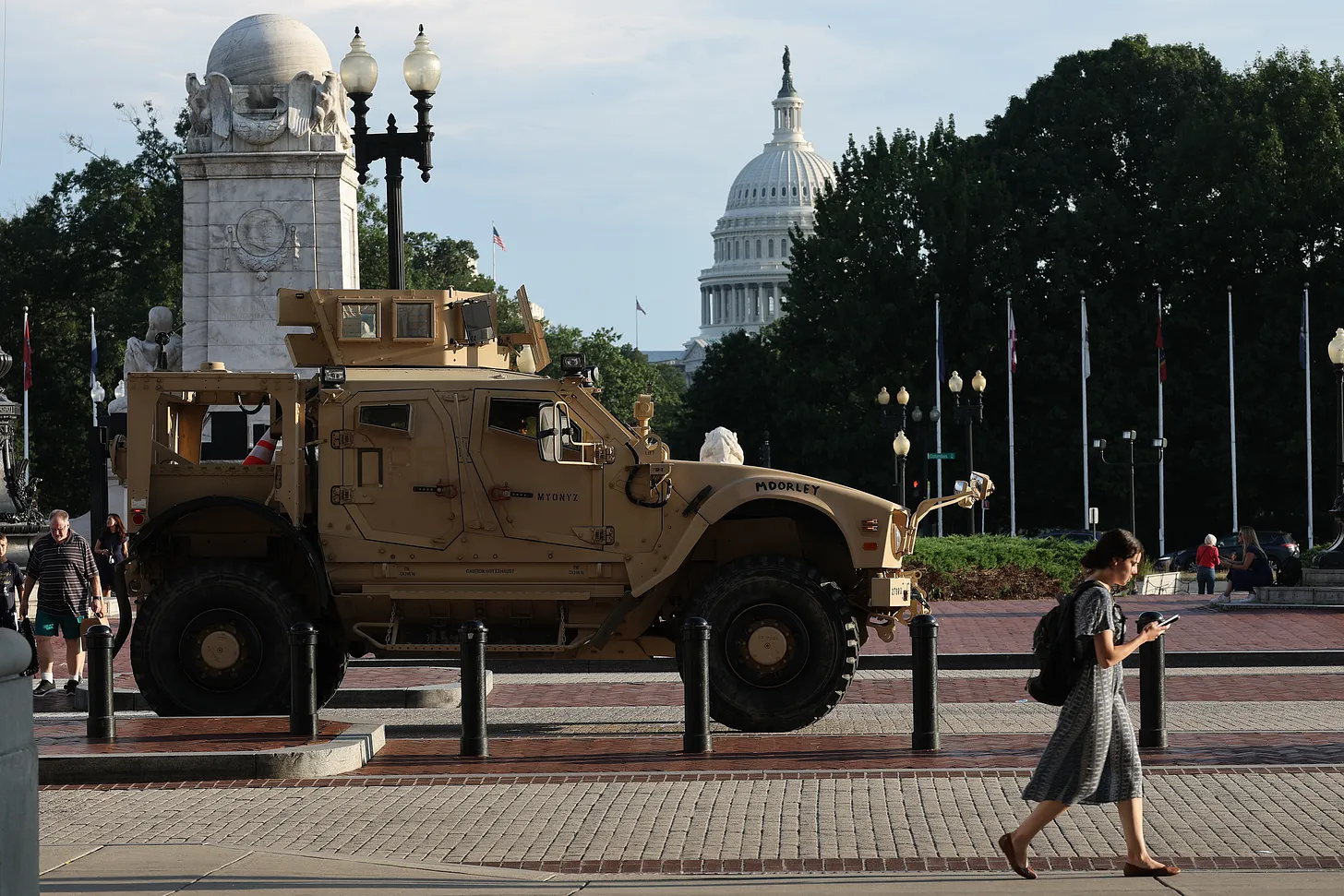

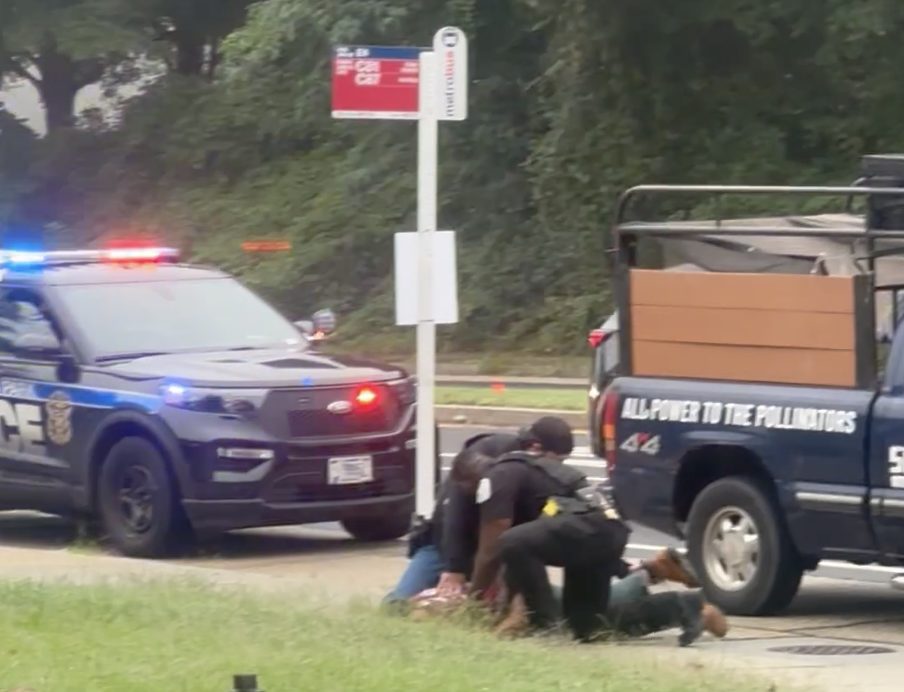
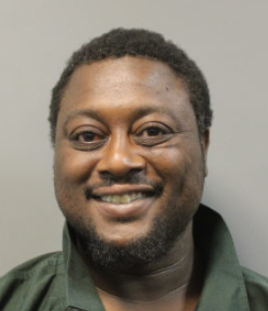
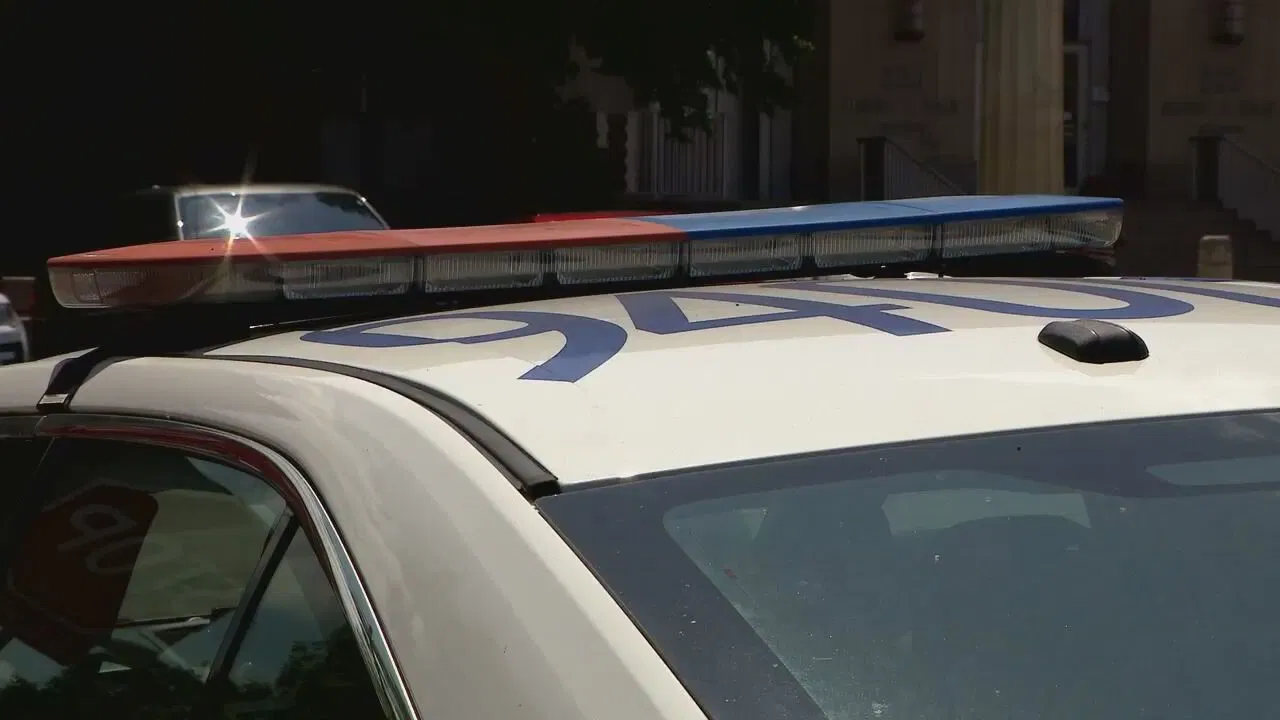

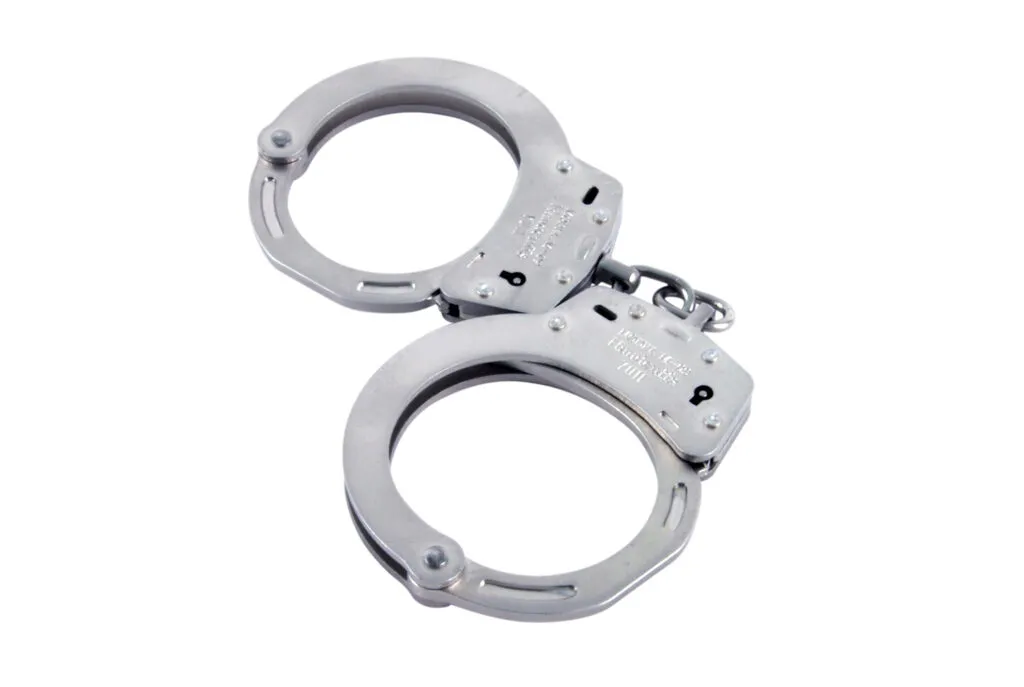
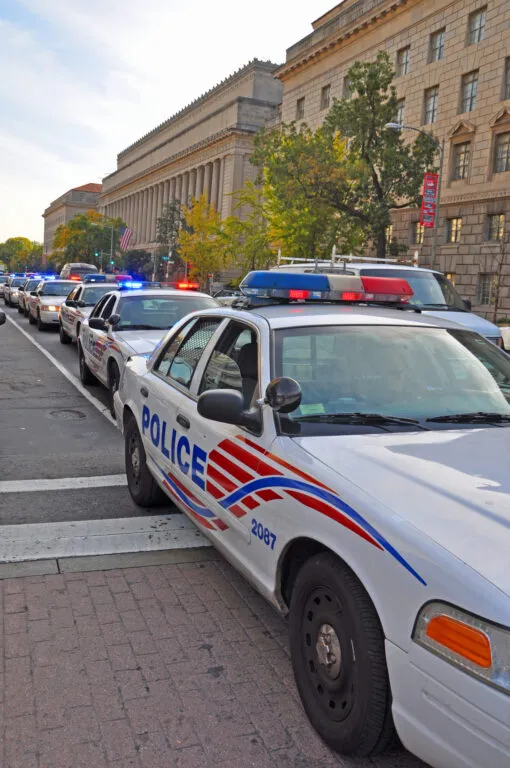
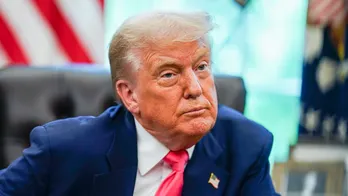
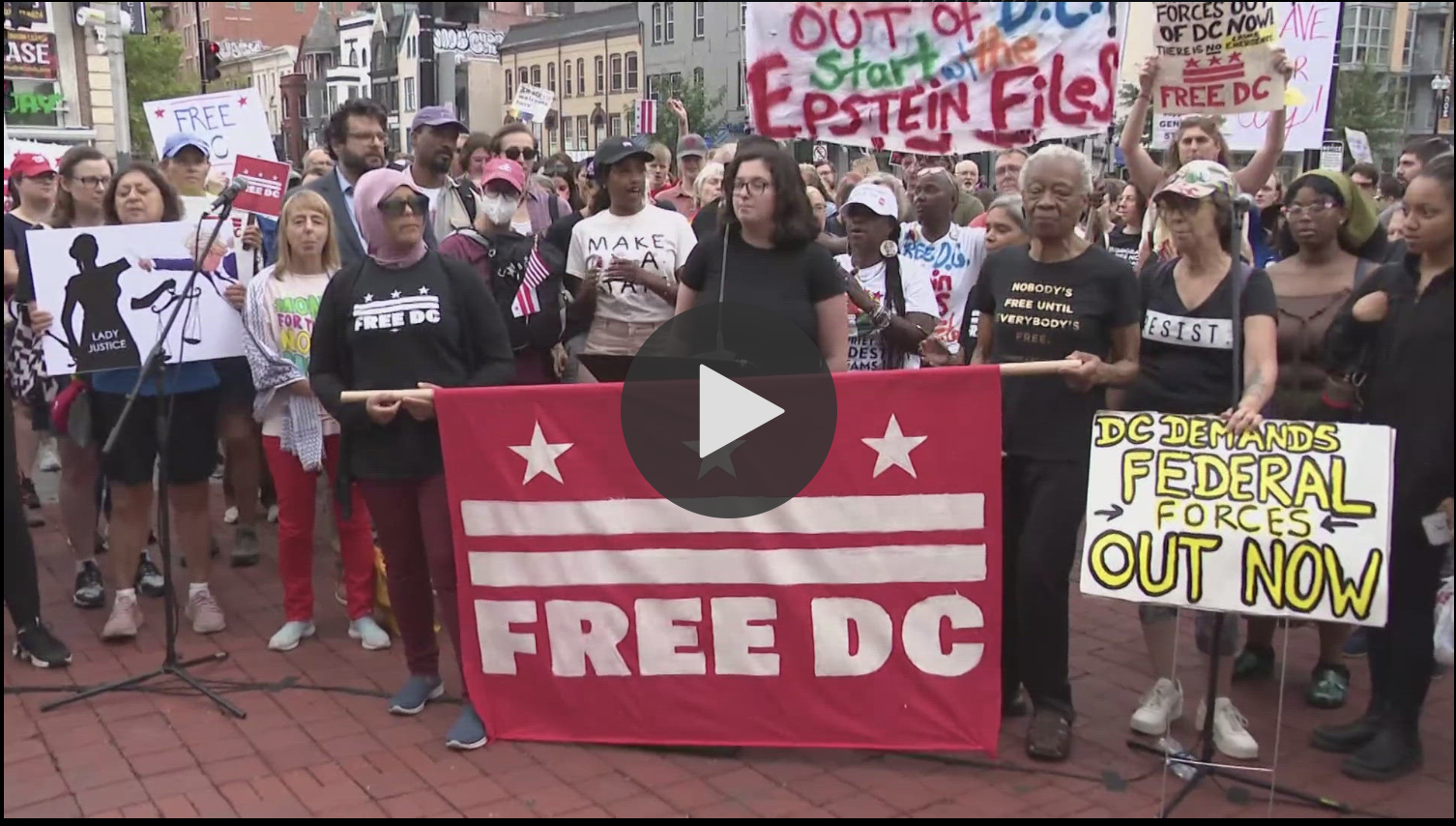
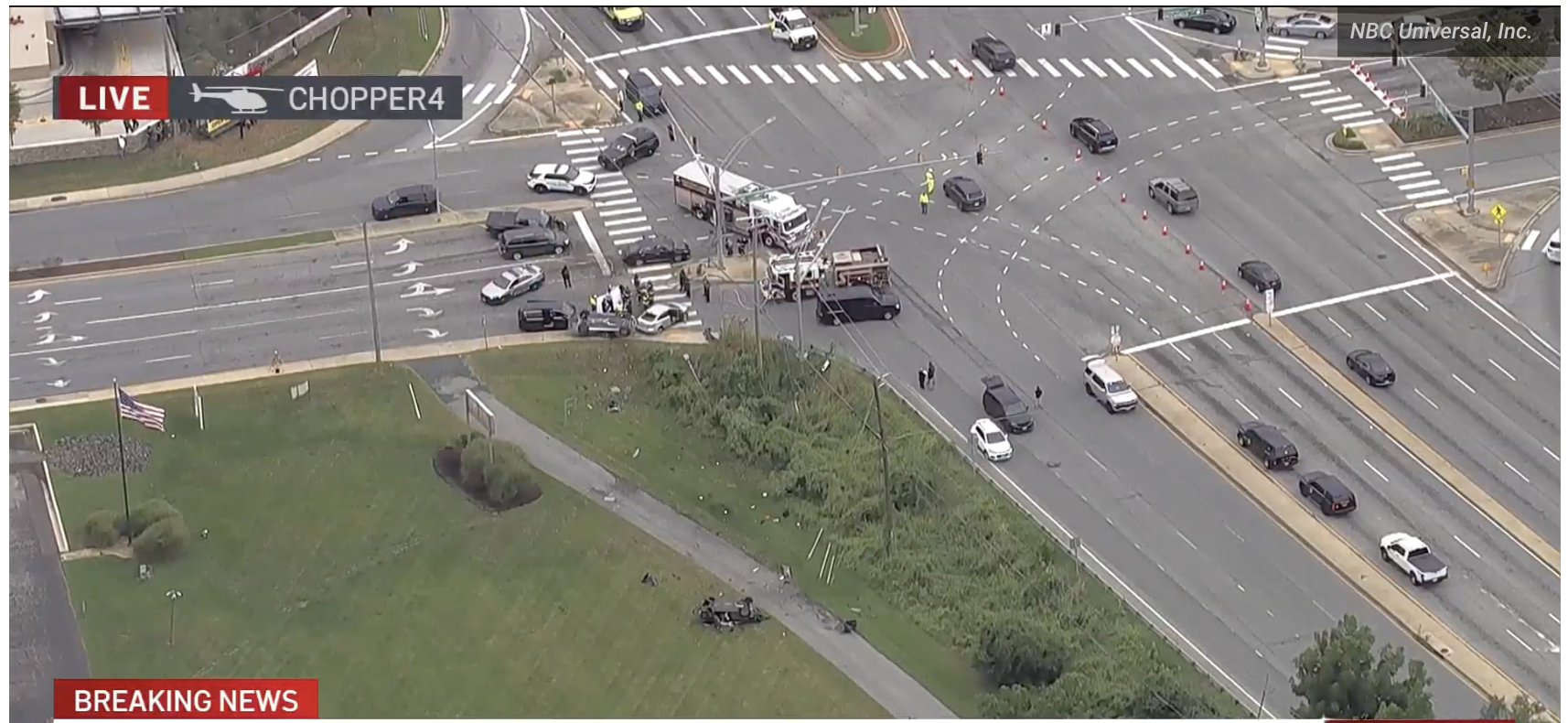

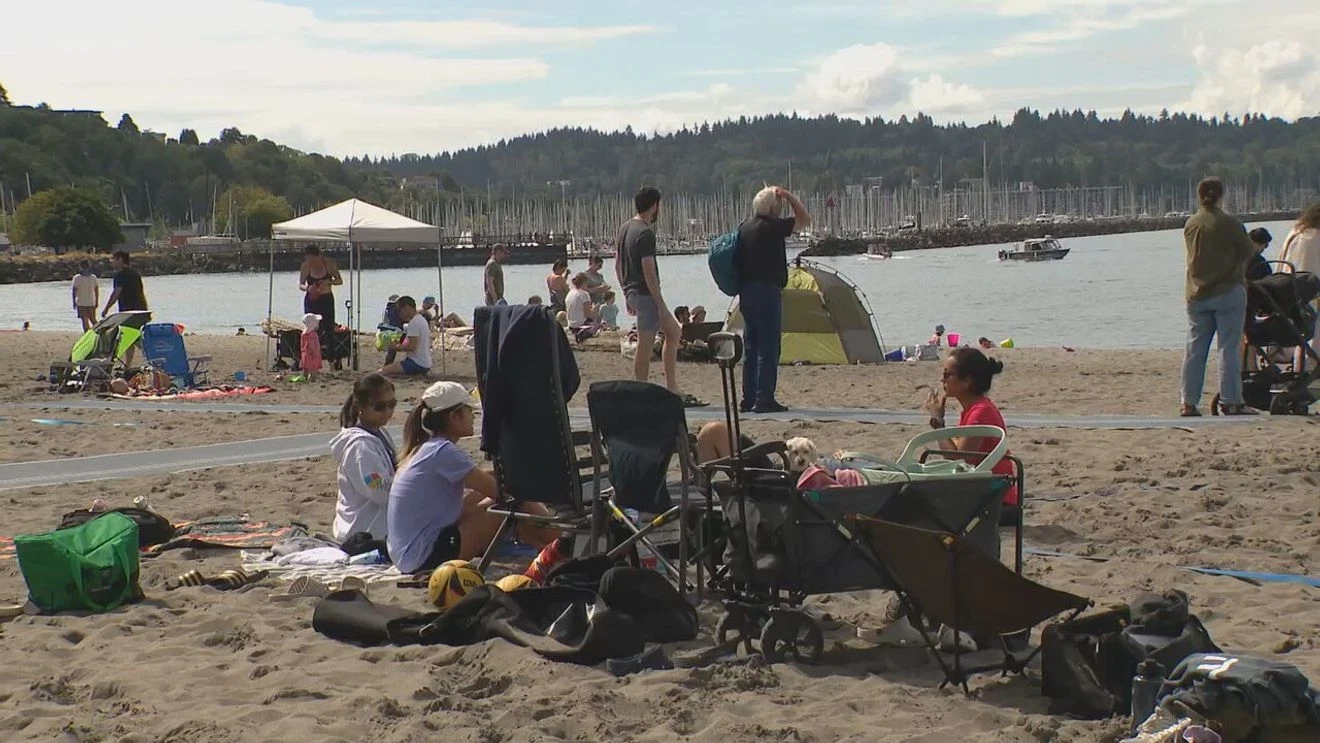
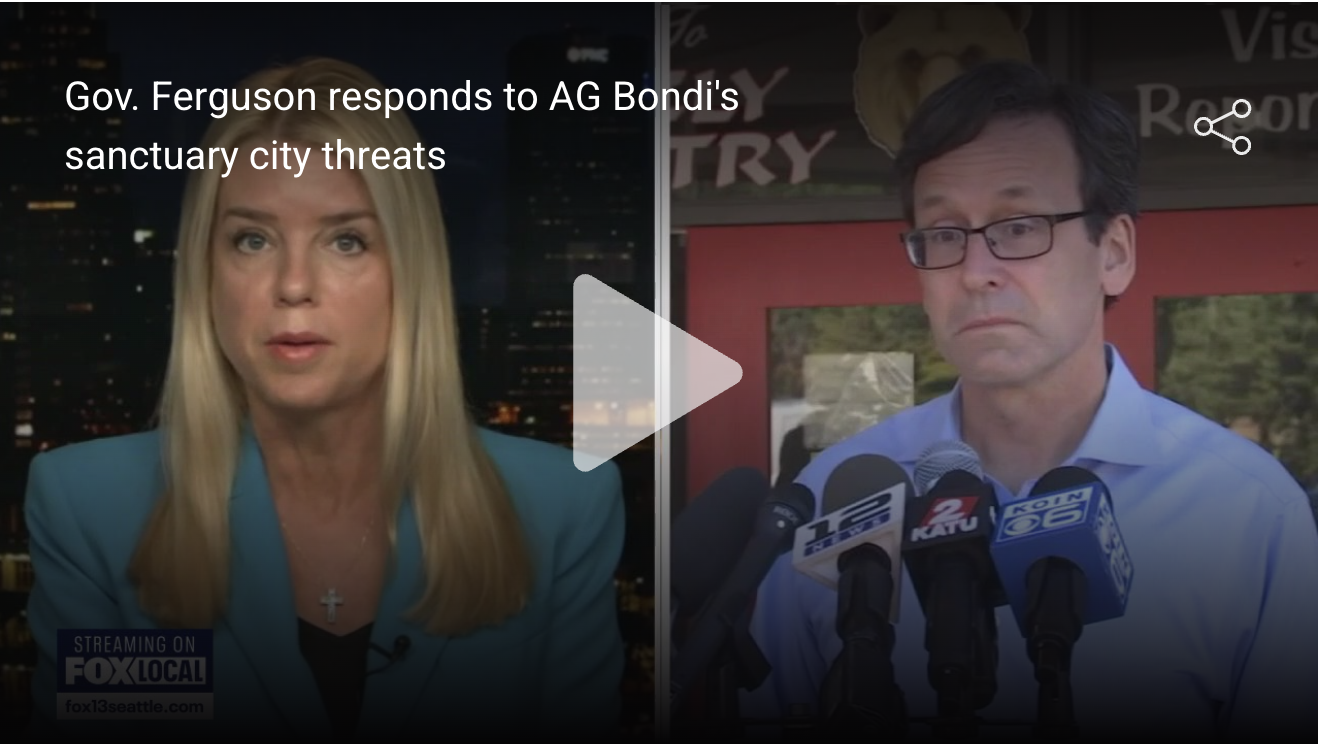

Leave a Reply